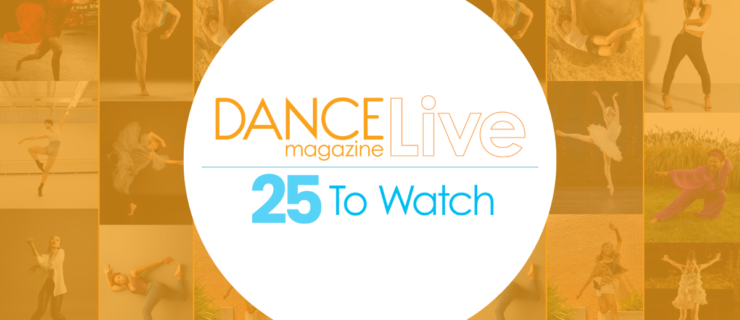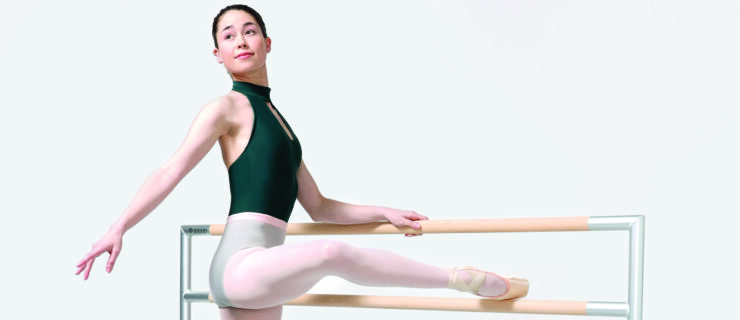How College Career Counselors Can Help You Advance Your Dance Career
If you want to go far with dance after college, head to your university’s career services office early and often. “We try to see all first-years during their first semester,” says Faith McClellan, director of Field Work Term and career development at Bennington College in Bennington, VT. “That’s when you should ask the big questions: What you love about dance, what you want to know about the field of dance, where you want to fit in the broader dance world, and how you want experiences like internships or intensives to help you explore those questions.” Whether you’re set on going pro right after graduation or just want your postgrad work to be somehow connected to dance, on-campus career counseling can prep you to do amazing things with your dance degree.
One on One
Once you click with a career services officer (ideally in your first year), meet with them at least once a semester, “even if it’s just to let us know where you are with your academics,” says Robin Nackman, executive director
of career services for NYC’s Marymount Manhattan College. In addition to a check-in each semester, see your career advisor whenever you’re putting together a cover letter, dance portfolio, or resumé, and to brainstorm how you’ll spend time between semesters (internship? intensive? part-time job? fellowship?).
“More and more employers are expecting students to have had significant professional experience before they get out of college,” Nackman says. If your goal is to dance professionally, you already know that the connections you make in college will help you book jobs after graduation. Career service offices are often working behind the scenes to create those connections—they invite dance companies to campus for job fairs and conduct outreach to employers looking to hire dancers.
Your career counselor’s expertise will also be essential when it’s time for the most nerve-racking hurdle to joining a dance company or snagging a clutch gig in any dance-adjacent field: the interview. “You already know how to present yourself as a dancer with poise,” says Nackman. “Interviewing is a kind of audition, but it’s more than that, and we are eager to help students feel more than ready to interview confidently, as a dancer and as a young professional.”
Beyond Your Advisor
Keep an eye out early in your college career for additional tools the career office may provide. The specifics will depend on your school and your dance department, but they can include on-campus job fairs and information sessions on MFA or MA graduate programs. And remember that just because a particular workshop or event doesn’t seem to be for dancers doesn’t mean you won’t get valuable info.
In the end, what you get out of your college’s career-development programs is largely up to you. “We’ll connect students personally with faculty, alumni, mentors in the field of dance, advisors, and digital resources,” McClellan says. “But students are at the center of their learning process. Dancers who actively engage with the range of support available are best set up for long-term success and career fulfillment.”
A version of this story appeared in the January 2018 issue of
Dance Spirit with the title “Career Services: A Dance Major’s Secret Weapon.”




